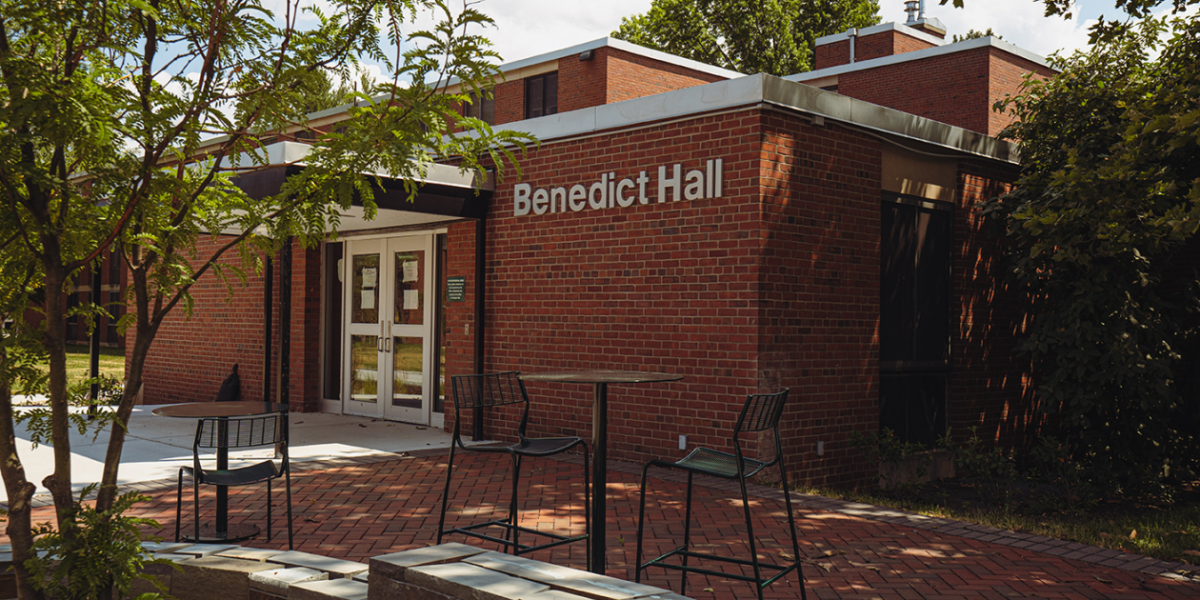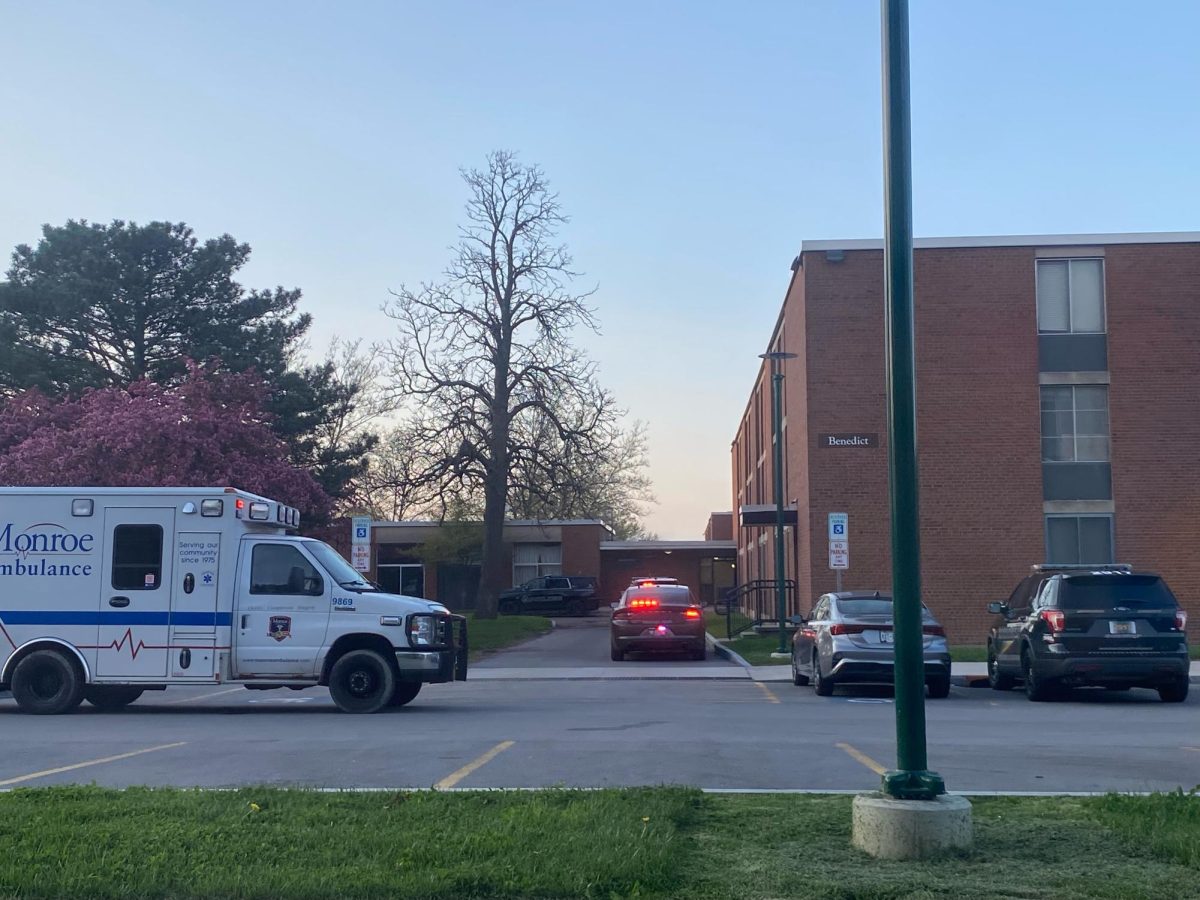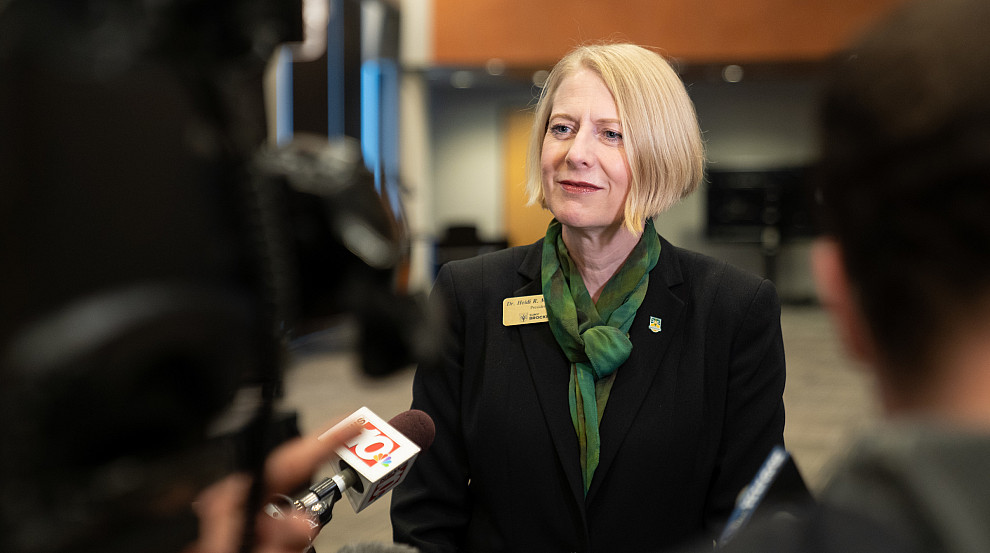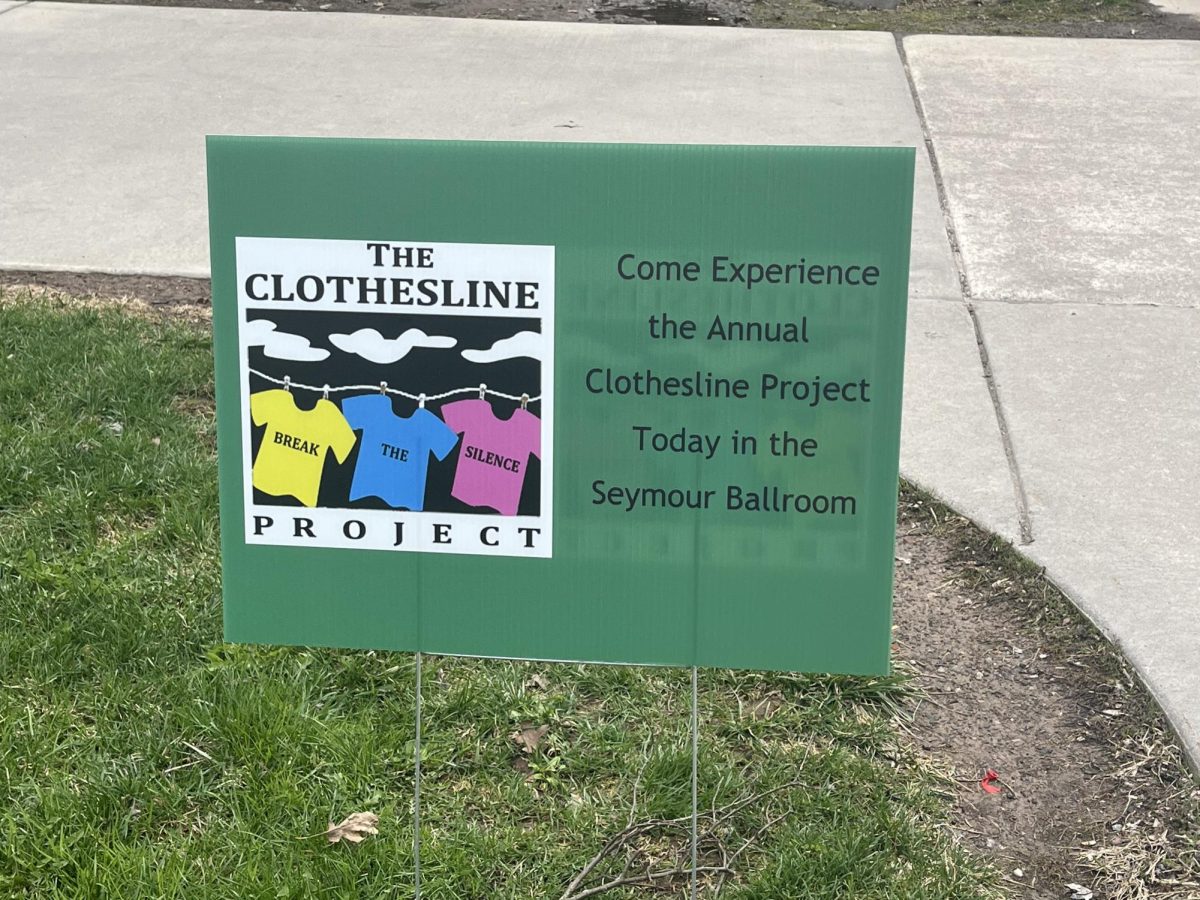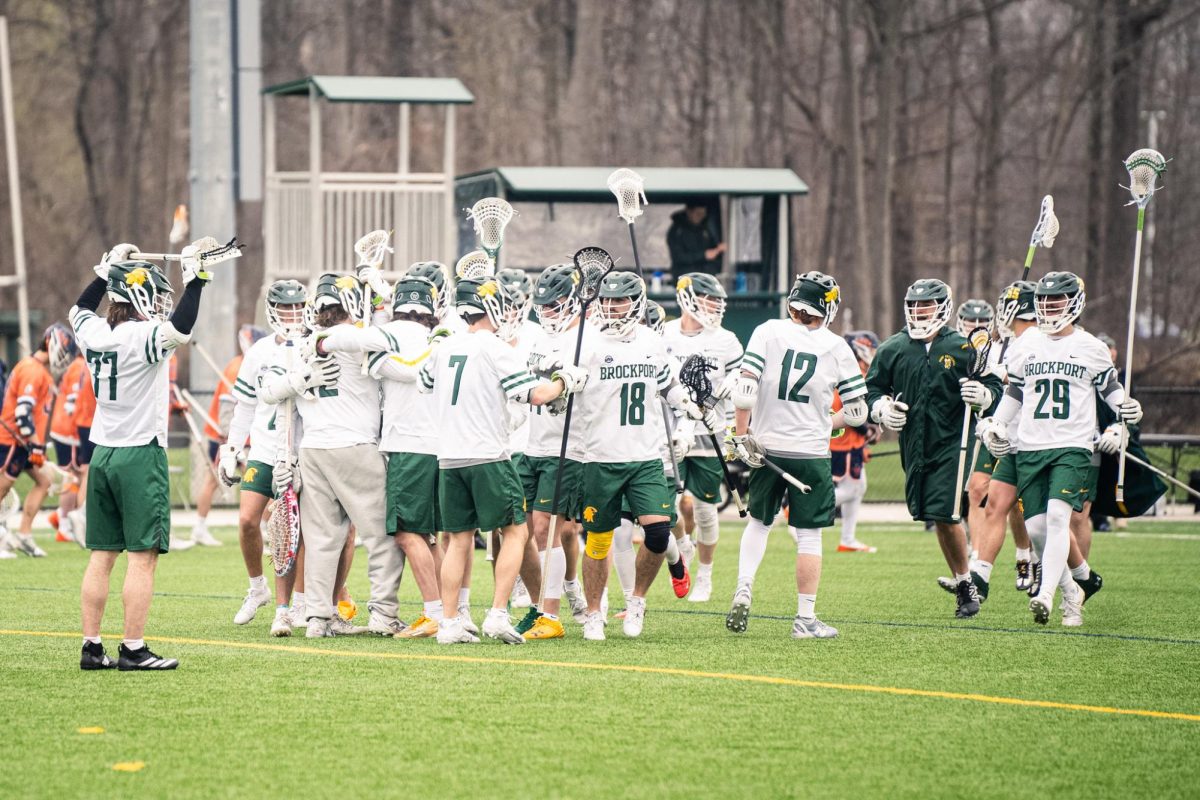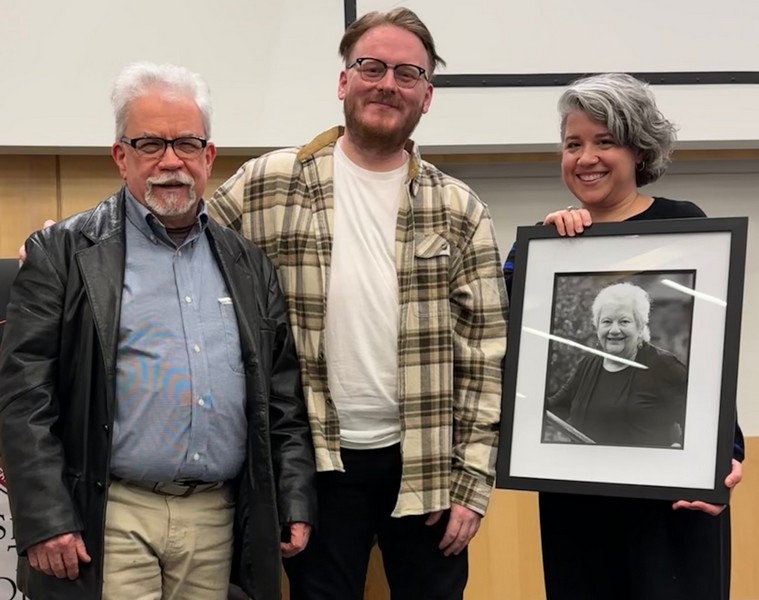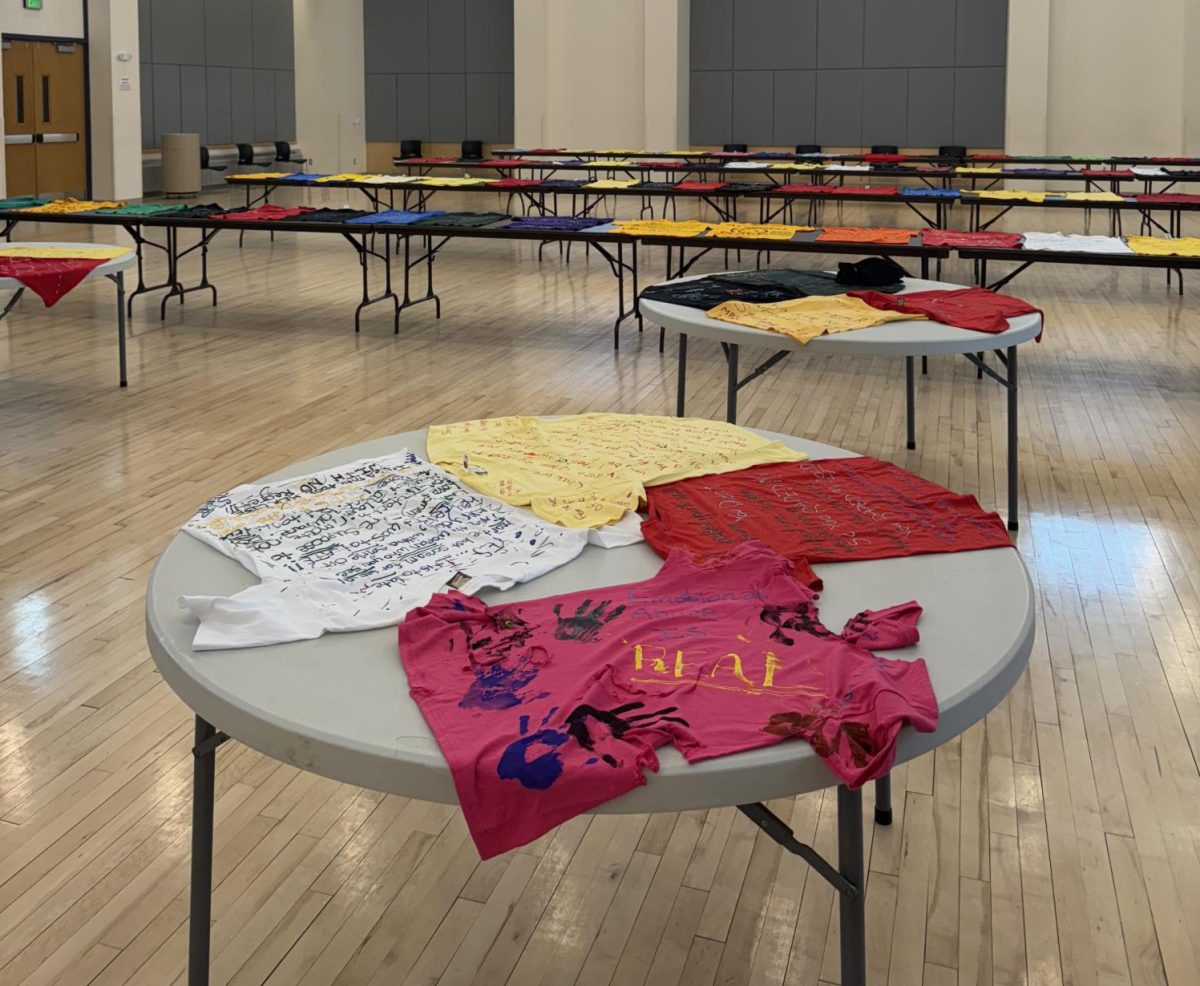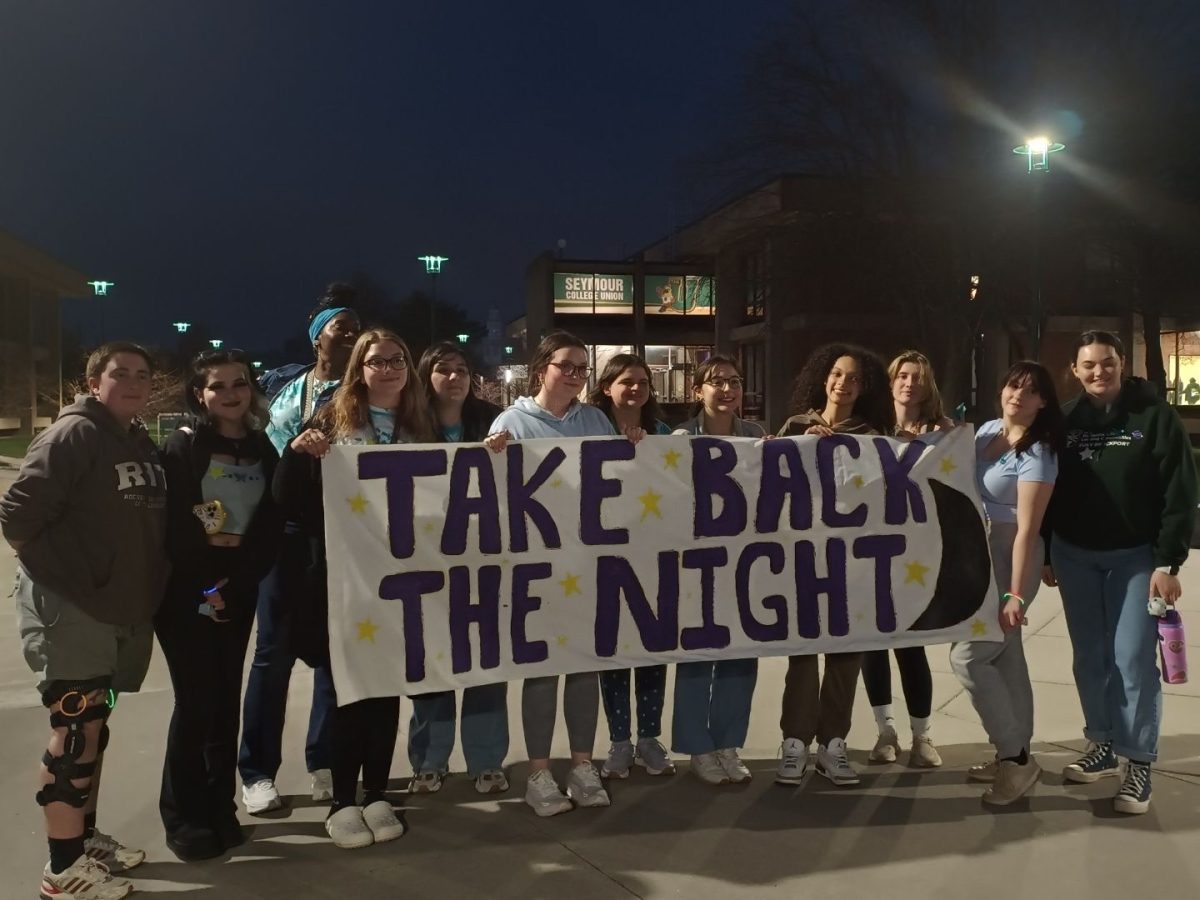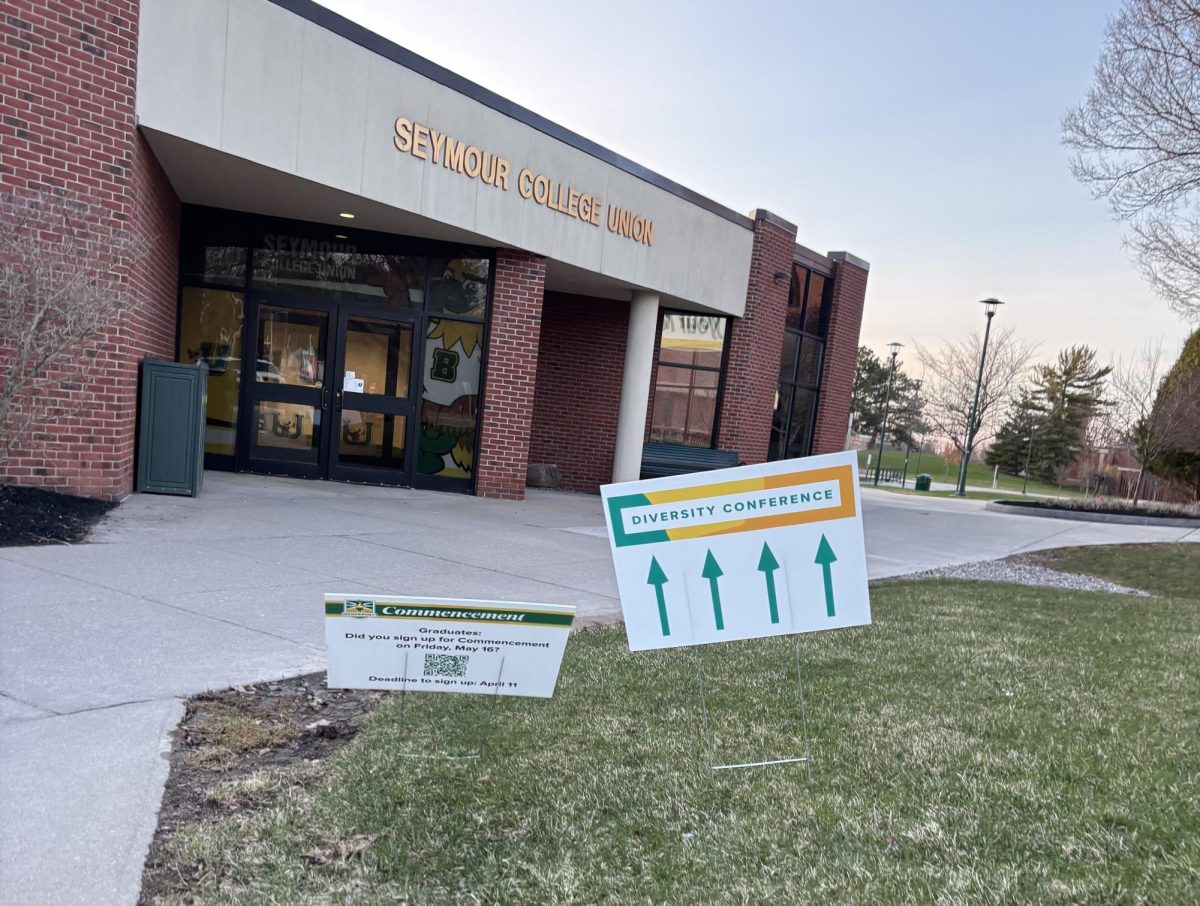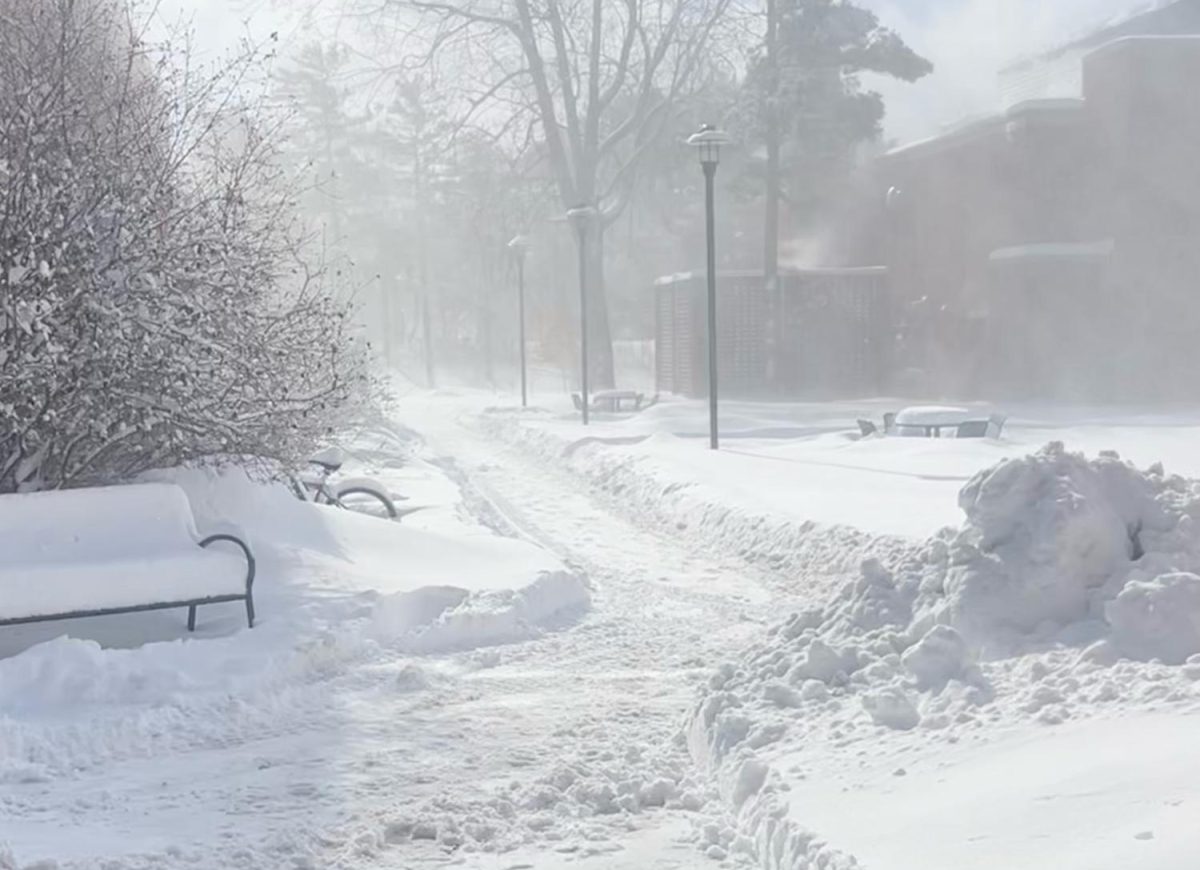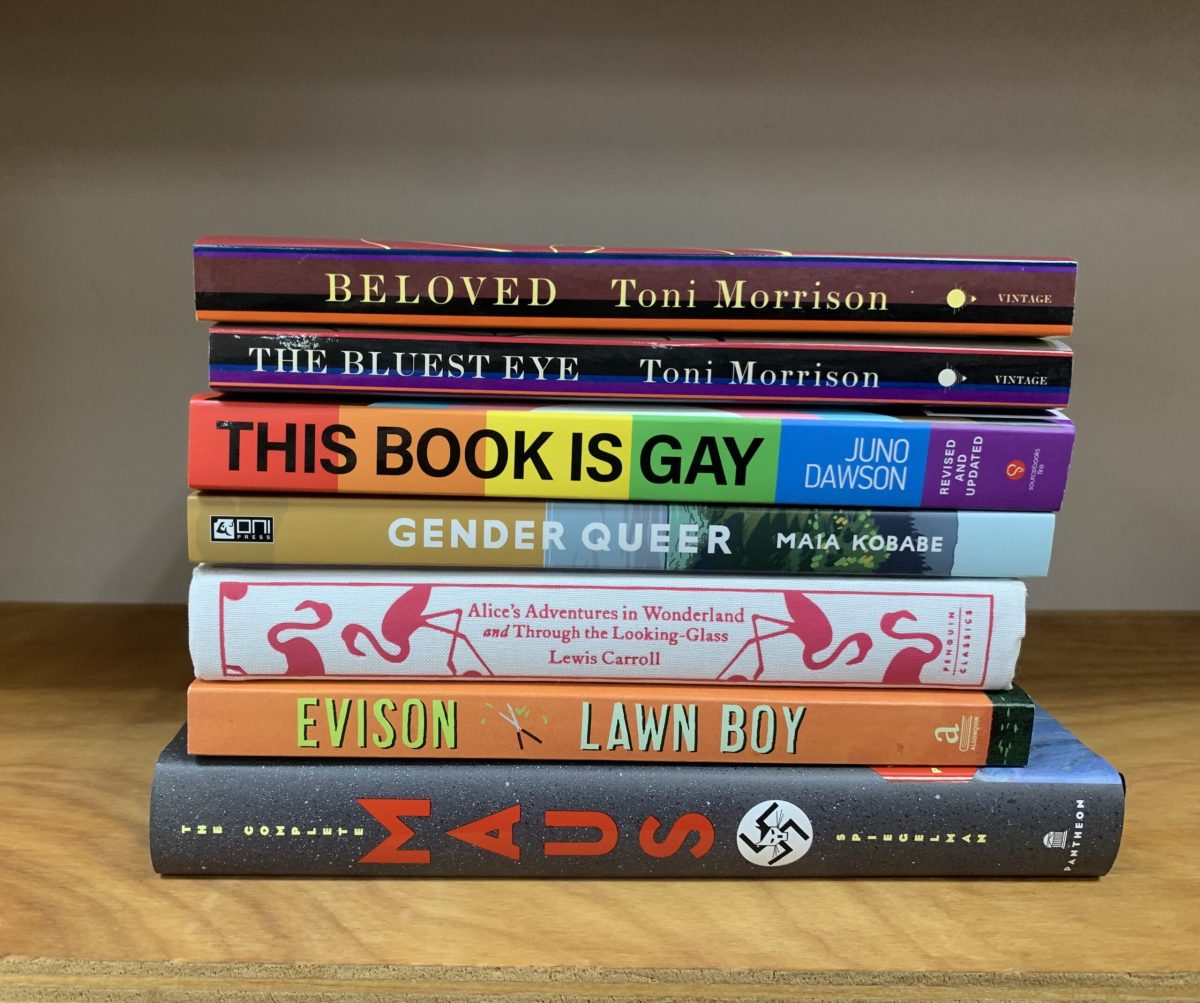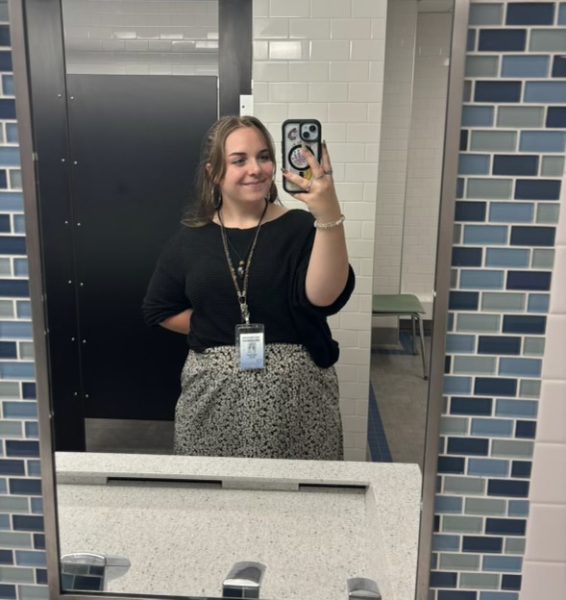The subject of book bans has become more and more relevant across the country in the past year. Disagreements about what is and isn’t appropriate for elementary- to high school-aged children are the crux of the issue, with conservative voices expressing discontent with the material being taught in public schools.
There has been a sharp uptick in conservative voices calling for certain books to be banned from public school curricula and libraries. Many of the books that have garnered this negative attention feature and promote historically marginalized perspectives, such as voices of color and LGBTQ+ voices.
SUNY Brockport student Kate Poss is majoring in English Adolescent Inclusive Education. Like many other students currently studying education, Poss expresses concern over what her career will look like in a few years.
“I don’t know what things are going to look like when I get into a classroom, since I’m still four years out from that in the program. But it bothers me because I want to be able to have some say in what my students are exposed to, and I want to prepare them for different experiences and ideas,” Poss said.
Luckily, Poss is planning to teach in New York State, where they are currently planning to institute an anti-book ban law. SUNY Brockport associate professors Dr. Cody Miller and Dr. Kristen Proehl hosted a discussion Oct. 9 concerning book bans in the current political climate, and one of the many subjects touched on in that discussion was the role that New York State plays.
“We’re in a scenario where someone in South Carolina could call and make a complaint about a book in New York State and suddenly that book has to be put on hold, even though that call didn’t come from someone in the district,” Dr. Miller explains. “The Freedom to Read Act, which is the bill that’s trying to get passed at the New York State level would help remedy some of that by making those book reviews a much more rigorous process and add a layer of protection in those districts that are a little less progressive.”
Dr. Miller also discussed why these book bans are such a big deal for the public school system.
“By law, people have to attend K-12 school, and we think of the material covered in that schooling as a roadmap for what makes a well-rounded person. I think if we care about pluralistic democracy, we would say a well rounded citizen by the end of their graduation should have read and engaged with books and authors and histories from a wide range of identities that compose this country,” Dr. Miller said. “This means that after 13 years of school, a student should have read indigenous authors, they should have read black authors, they should have read LGBTQ+ authors.”
The future fate of public school curriculum is ultimately, as always, in the hands of our legislators. However, Dr. Miller urges people to reach out to their senators and governors to express their discontent with the pattern of book bans across the nation.
“If you want to take action, the most direct action you can take is to contact your state representative and your state senator to say that you support the Freedom to Read Act. Calling takes less than five minutes and it makes a really big impact,” Dr. Miller said.
You can find the contact information for your state senator here and the contact information for your state representative here.
While book bans are not an immediate threat to New York public education, the issue still stands to be more serious in more conservative states. Changes like the Freedom to Read Act in New York may lead to federal legislation within the same vein, but no major action has been taken yet, so each state is responsible for how they address the concerns of their citizens on both sides.

